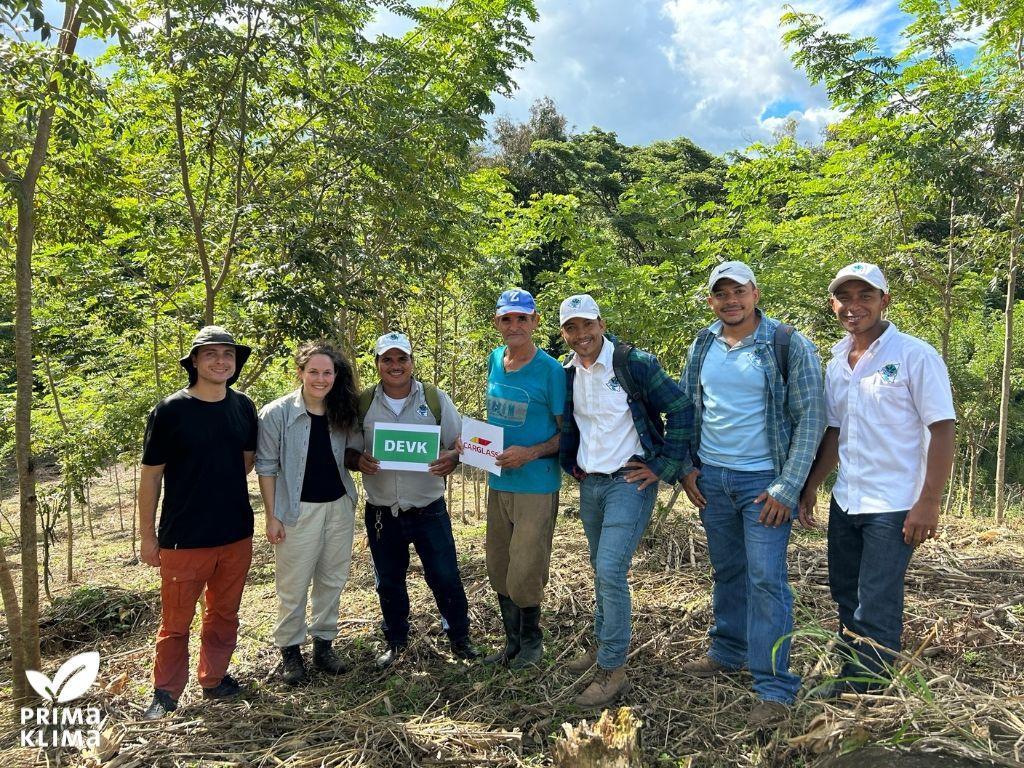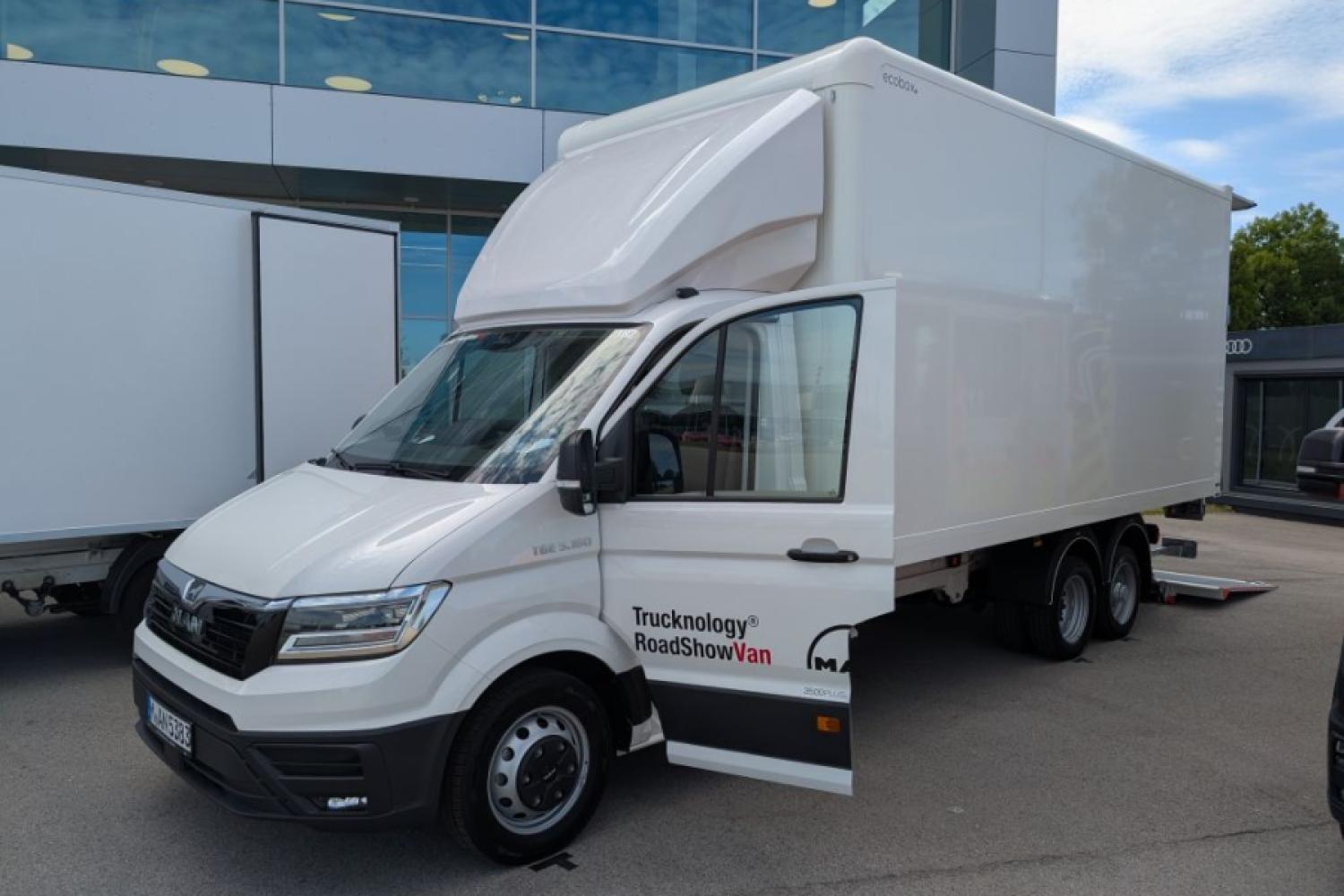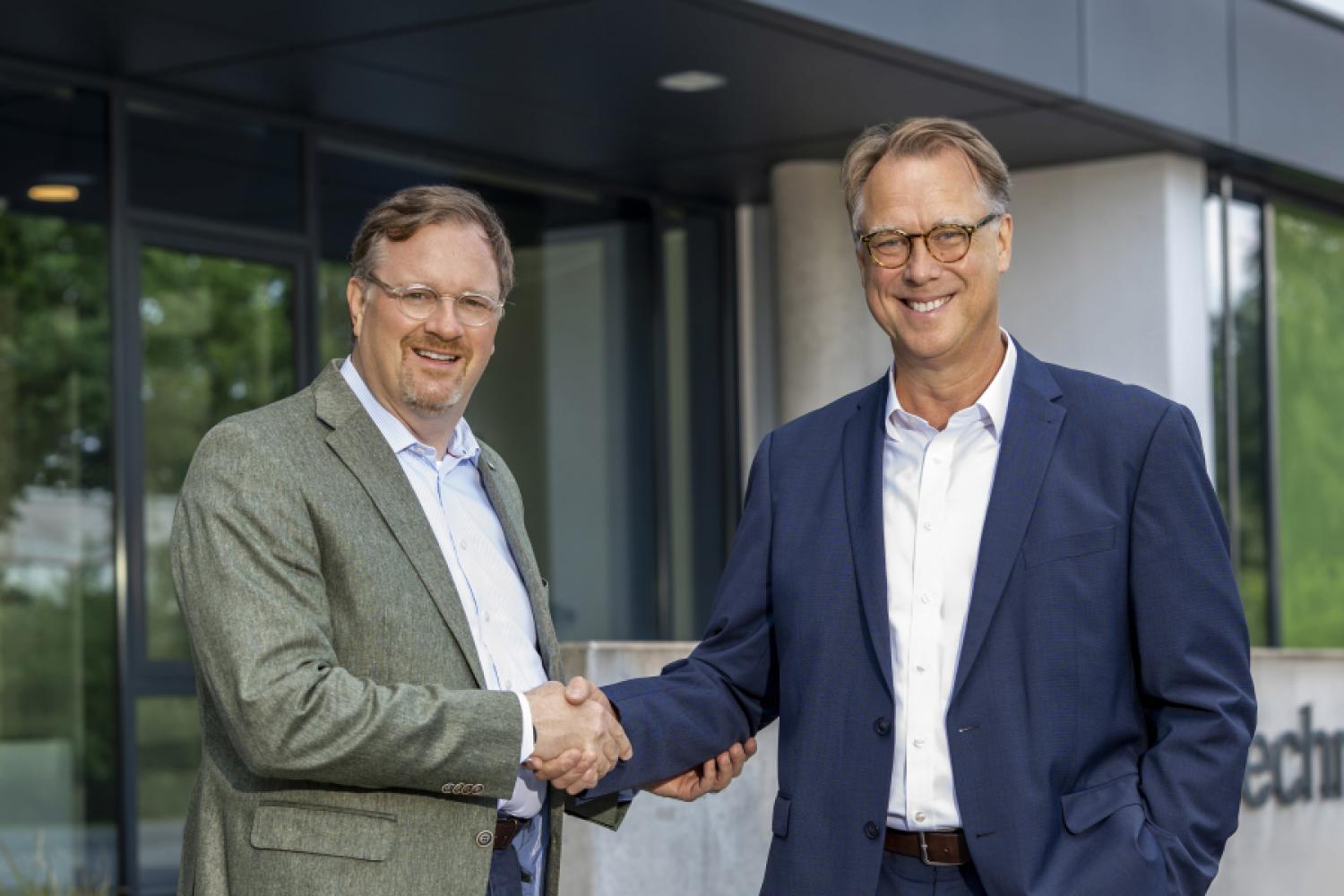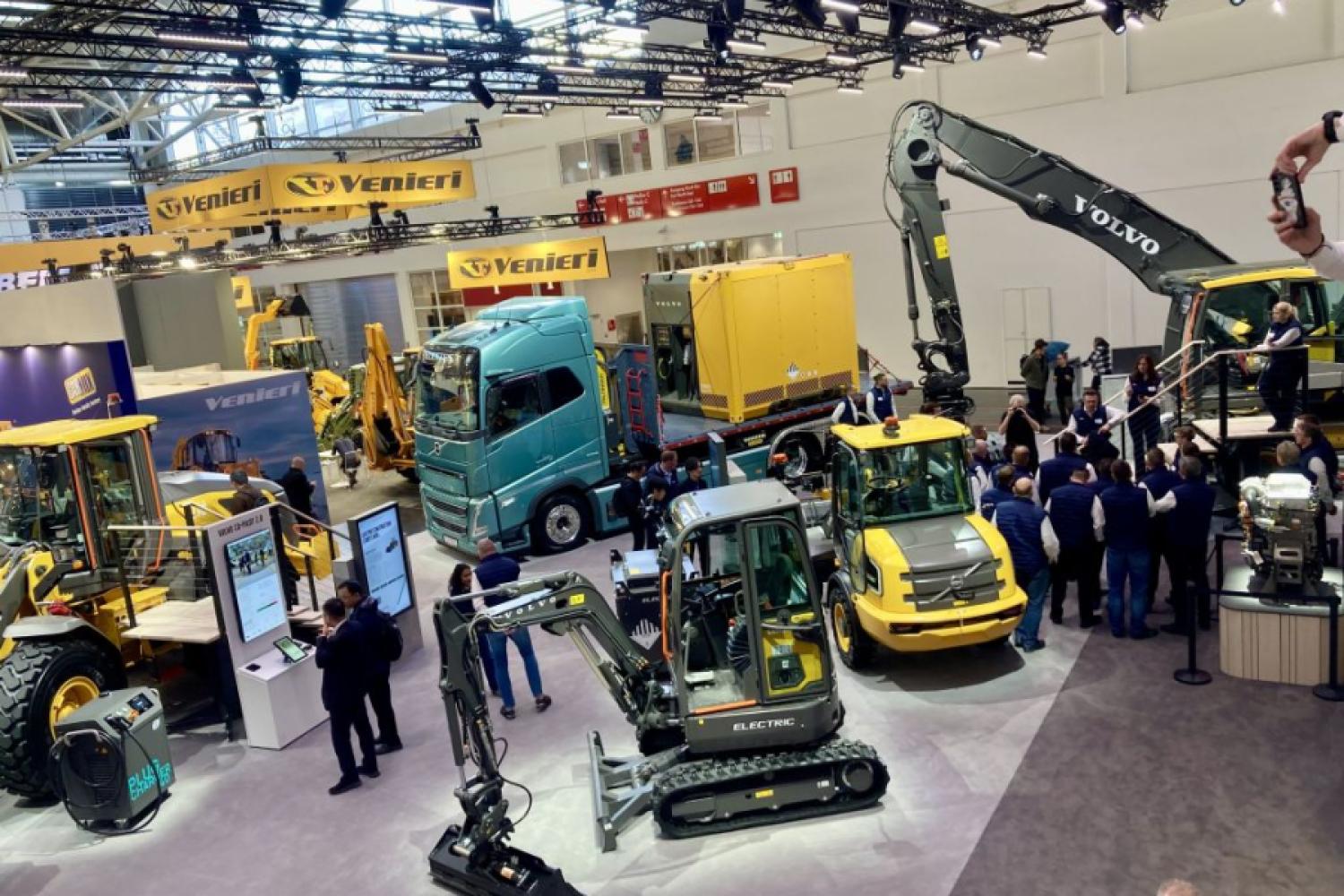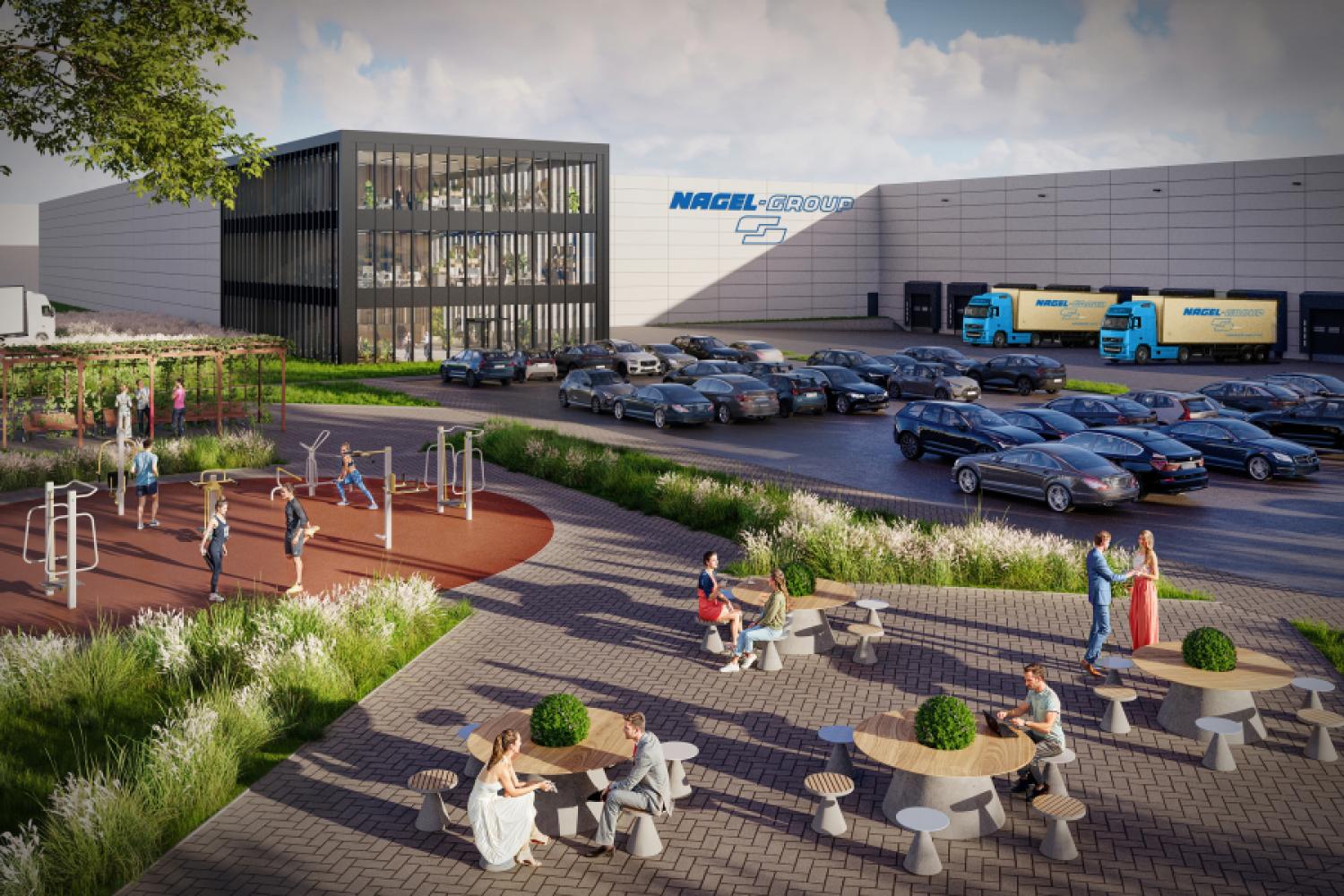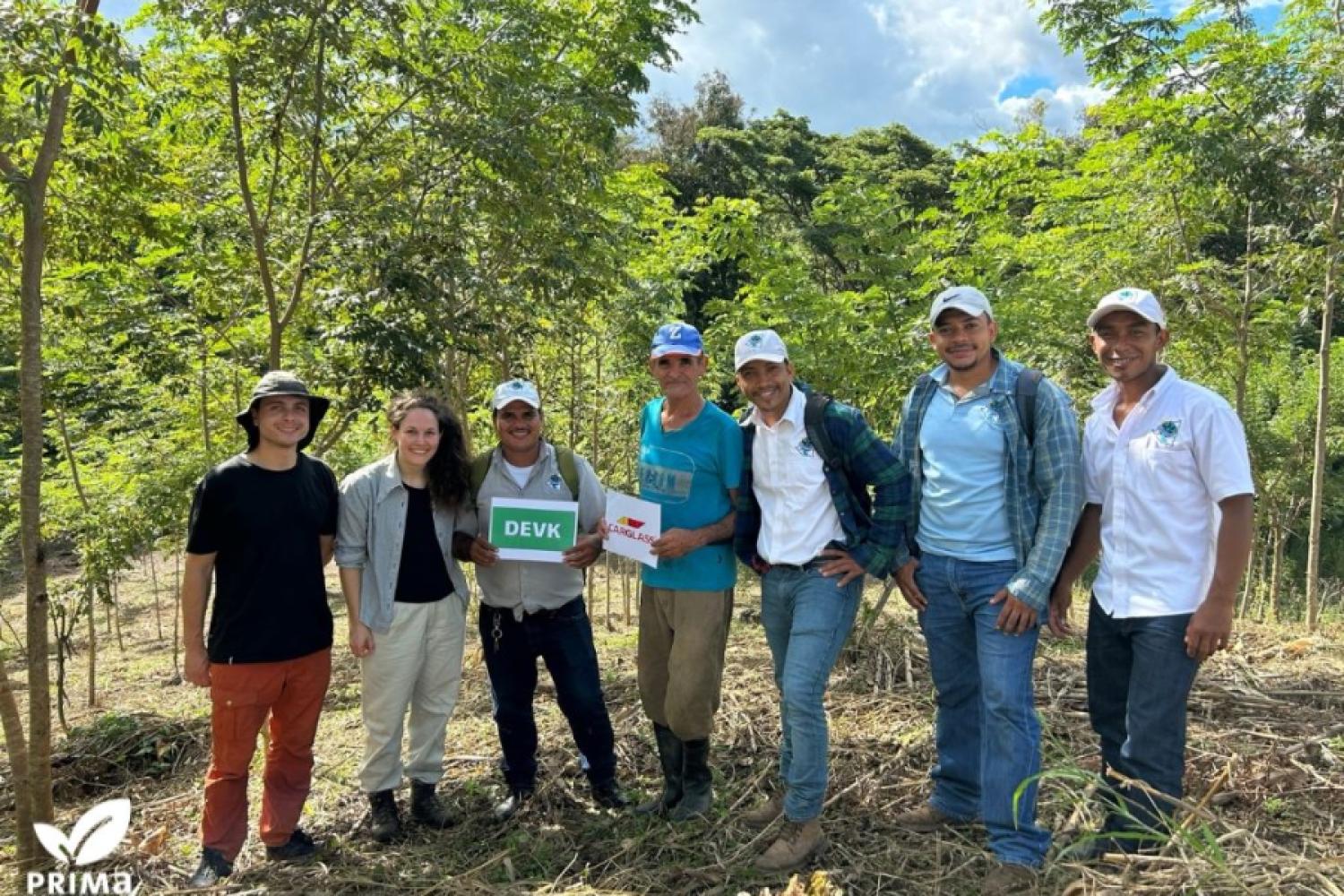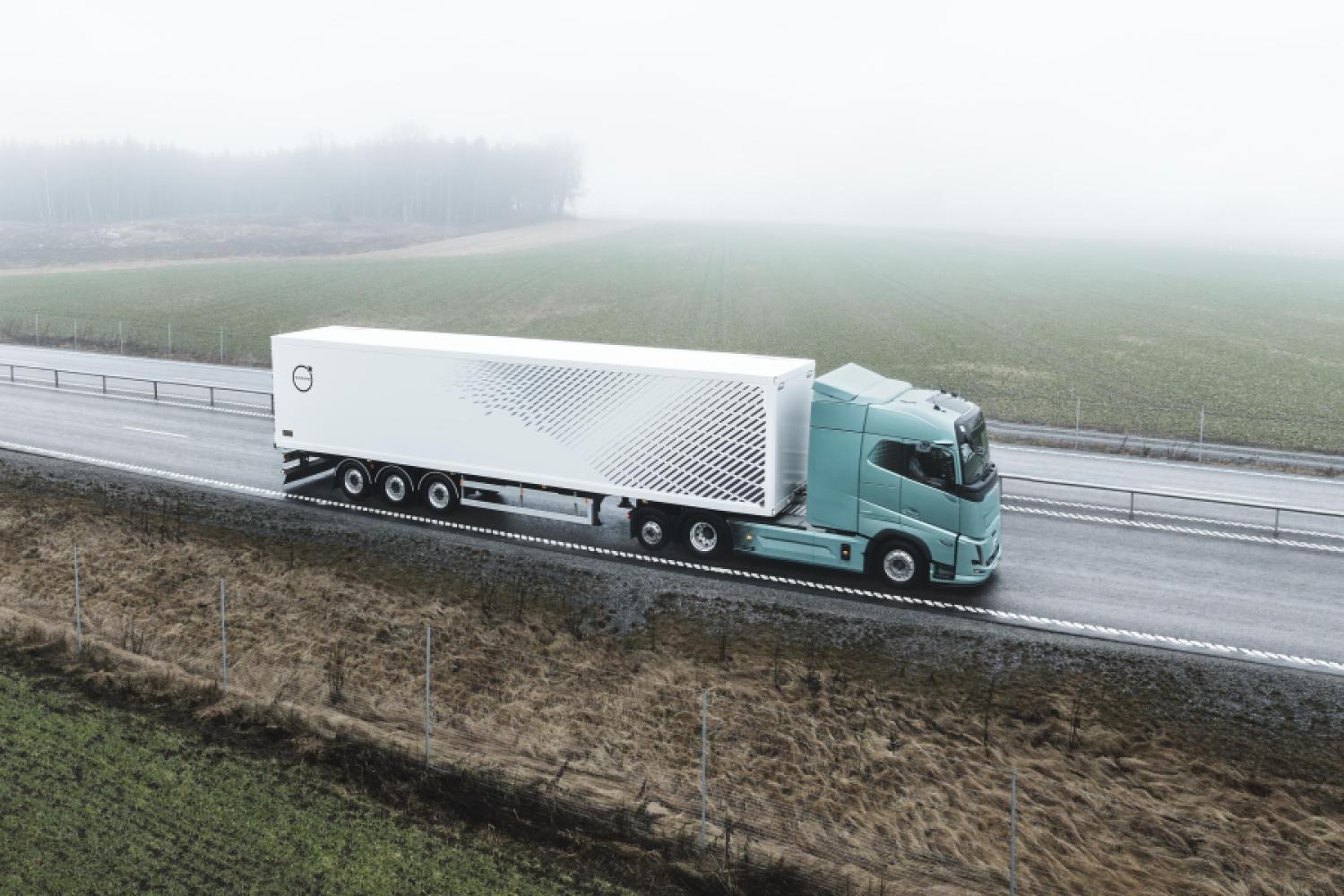As part of the reforestation project "Repair for Nature," since 2017 DEVK Insurance, Carglass, and Primaklima have been planting trees for every repaired stone chip damage. Together, the partners have already created forest areas of 60 hectares - equivalent to 85 football fields.
According to reports, smallholder families in Nicaragua have already planted 100,000 trees by the end of April 2025—and every time DEVK insured clients have a stone chip repaired on their windshield at a Carglass partner operation, a new seedling is planted.
What kind of damages can be repaired?
The cooperation partners want to raise awareness of repairing stone chips in
an eco-friendly way. According to Carglass, many damages to the windshield can be repaired without having to replace the entire glass. This saves raw materials and also about 80 percent CO2—the company references data from Belron companies in France, Belgium, the USA, Australia, and New Zealand.
Generally, stone chips can be well-repaired if they are not in the field of vision, are smaller than a two-euro coin, and have not yet formed a crack. If you are comprehensively insured with DEVK, you pay nothing for the Glass Medic repair—the insurance covers the deductible.
Environmental and social aspects
"We are not doing this for
cost reasons, but for the sake of the environment," says Daniela Koop, head of the DEVK Motor Vehicle Claims department, adding: "Our aim is to offer environmentally-friendly windshield repairs."
She emphasizes that it is important to her that the initiative is planned for the long term and has a social aspect. The project in Nicaragua, which involves the insurance company and Carglass, is said to be certified by Plan Vivo. The organization focuses on forestry projects in structurally weak regions and rural communities.
According to Koop, farmers in Nicaragua receive fair, regular payments for planting and subsequently caring for the trees, which aim
to improve their income and secure their livelihoods so their children can attend school.
Preserving trees, binding CO2
This creates significant interest among the population in protecting the natural landscape. It is ensured that the seedlings in the rainforest grow into trees and remain for the long term.
One hectare of forest in Nicaragua binds 300 tons of CO2 over 50 years, according to the cooperation partners. The forest created through "Repair for Nature" is therefore expected to absorb a total of 18,000 tons of CO2 over half a century. The project is accompanied by the non-profit Cologne association Primaklima with local partners.
